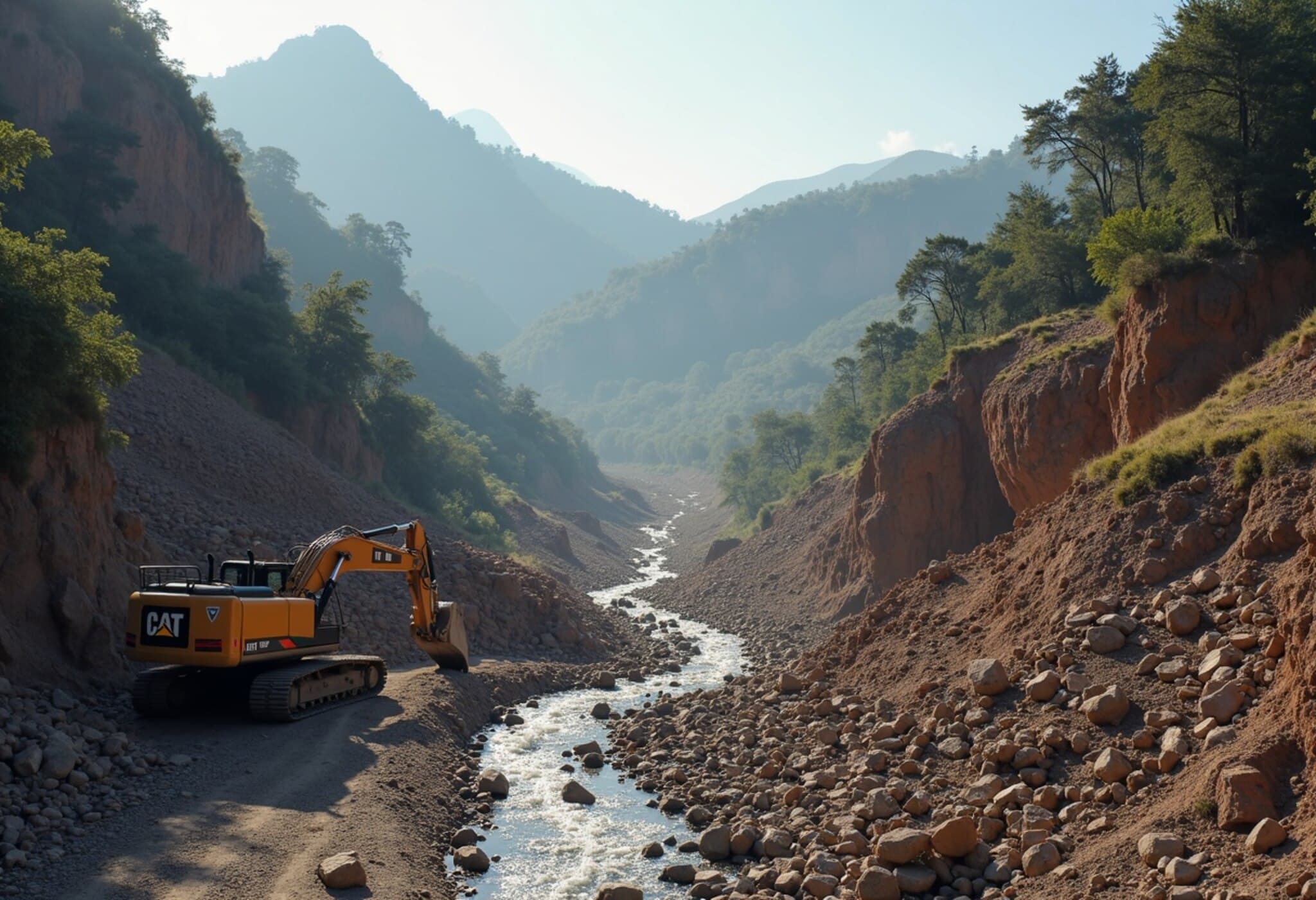A German court has dismissed a lawsuit filed by Peruvian farmer Saul Luciano Lluiya against the energy giant RWE, seeking damages related to flood risks caused by melting glaciers. The court ruled that the damage to Lluiya's property was insufficient to warrant compensation, effectively rejecting the claim.
However, the decision marks a historic legal milestone, as the judges in Hamm recognized for the first time in Europe that companies can be held liable for the impacts of their greenhouse gas emissions. Lluiya had sought a proportional payment from RWE to help fund protective flood defenses in his hometown of Huaraz, Peru, threatened by increased glacial melt due to climate change.
The lawsuit, initiated nearly a decade ago, centered on the rising water levels of Palcacocha lake above Lluiya's village. Experts warn that glacial melt and potential ice break-offs pose a serious flooding threat. Lluiya pursued the case under German neighborhood law, arguing that RWE’s emissions contributed to climate change hazards affecting his property.
RWE, one of Europe's largest coal-based energy producers, denied responsibility and questioned the legal basis for the claim. The company emphasized compliance with national laws and cautioned against expanding liability to multinational corporations for global emissions.
Environmental advocates hailed the ruling as a breakthrough that may inspire similar climate litigation worldwide. Germanwatch, an NGO supporting Lluiya, noted that legal principles acknowledged by this case have parallels in several other countries, raising the potential for broader impact.
Legal experts suggest the case establishes important jurisprudence about recognizing transboundary climate change effects, even if the specific lawsuit was dismissed. It has already influenced the rise of about 40 similar climate lawsuits against corporations globally, as communities seek accountability amid inadequate political action on climate change.
Despite some skepticism regarding the immediate legal consequences, specialists agree the judgment offers guidance and a foundation for future climate liability claims internationally.















